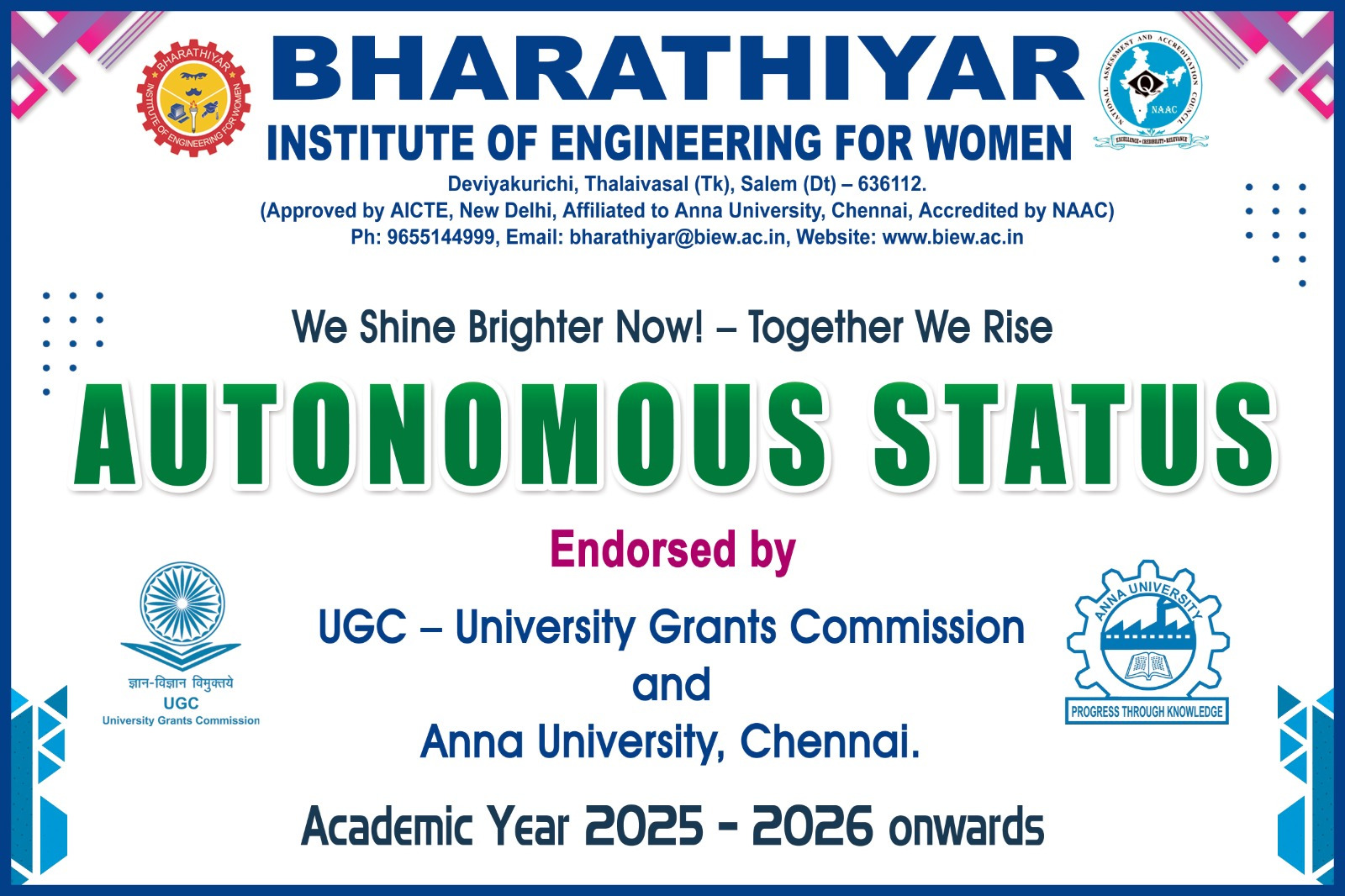DEPARTMENT OBJECTIVES-ECE
PROGRAM OUTCOMES (POs)
On successful completion of the program:
- Engineering knowledge: Apply the knowledge of mathematics, science, engineering
fundamentals, and an engineering specialization to the solution of complex engineering problems.
- Problem analysis: Identify, formulate, review research literature, and analyze complex
engineering problems reaching substantiated conclusions using first principles of mathematics,
natural sciences, and engineering sciences.
- Design/development of solutions: Design solutions for complex engineering problems and
design system components or processes that meet the specified needs with appropriate
consideration for the public health and safety, and the cultural, societal, and environmental
considerations.
- Conduct investigations of complex problems: Use research-based knowledge and research
methods including design of experiments, analysis and interpretation of data, and synthesis of the
information to provide valid conclusions.
- Modern tool usage: Create, select, and apply appropriate techniques, resources, and modern
engineering and IT tools including prediction and modeling to complex engineering activities with an understanding of the limitations.
- The engineer and society: Apply reasoning informed by the contextual knowledge to assess
societal, health, safety, legal and cultural issues and the consequent responsibilities relevant to the professional engineering practice.
- Environment and sustainability: Understand the impact of the professional engineering solutions in societal and environmental contexts, and demonstrate the knowledge of, and need for sustainable development.
- Ethics: Apply ethical principles and commit to professional ethics and responsibilities and norms of the engineering practice.
- Individual and team work: Function effectively as an individual, and as a member or leader in diverse teams, and in multidisciplinary settings.
- Communication: Communicate effectively on complex engineering activities with the engineering community and with society at large, such as, being able to comprehend and write effective reports and design documentation, make effective presentations, and give and receive clear instructions
- Project management and finance: Demonstrate knowledge and understanding of the
engineering and management principles and apply these to one’s own work, as a member and
leader in a team, to manage projects and in multidisciplinary environments.
- Life-long learning: Recognize the need for, and have the preparation and ability to engage in independent and life-long learning in the broadest context of technological change
Program Educational Objectives (PEOs)
The Program Educational Objectives (PEOs) of Electronics and Communication Engineering (ECE) represent major accomplishments that the graduates are expected to achieve after three to five years of graduation.
The Graduates of Electronics and Communication Engineering
PEO1: will excel in profession and in higher education by getting key information in basic engineering principles and computational abilities
PEO2: will exhibit their Leadership abilities in professional environment and lead the society as women entrepreneur
PEO3: will acquire adequate knowledge in hardware and software skills to hold / handle technical challenges.
PEO4: will dissect the technical constrains in the field of electronics and communication engineering and shall engage in lifelong learning
Program Specific Outcomes (PSOs)
Graduates of Electronics and Communication Engineering will be able to
PSO1: Apply the principles of advanced communication systems, IoT based embedded systems, Advanced Signal & Image Processing, modern Semiconductor Technologies to develop digital forums.
PSO2: Develop their individual identities to adapt, understand and resolve the problems associated with wireless communication network as an individual or in a team with responsible view towards the society and environment.



 Feedback
Feedback
